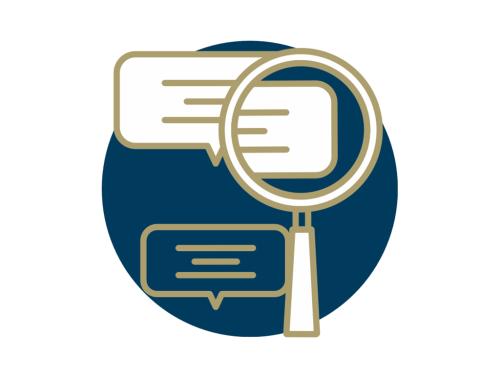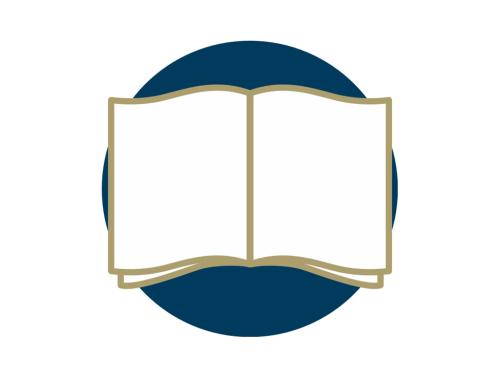In August 2014, the National Highway Traffic Safety Administration (NHTSA) issued an Advanced Notice of Proposed Rulemaking (ANPRM) and an accompanying technical report to initiate the rulemaking process to establish a new Federal Motor Vehicle Safety Standard (FMVSS No. 150) that would require vehicle-to-vehicle (V2V) communication capabilities in new passenger cars and light truck vehicles.







